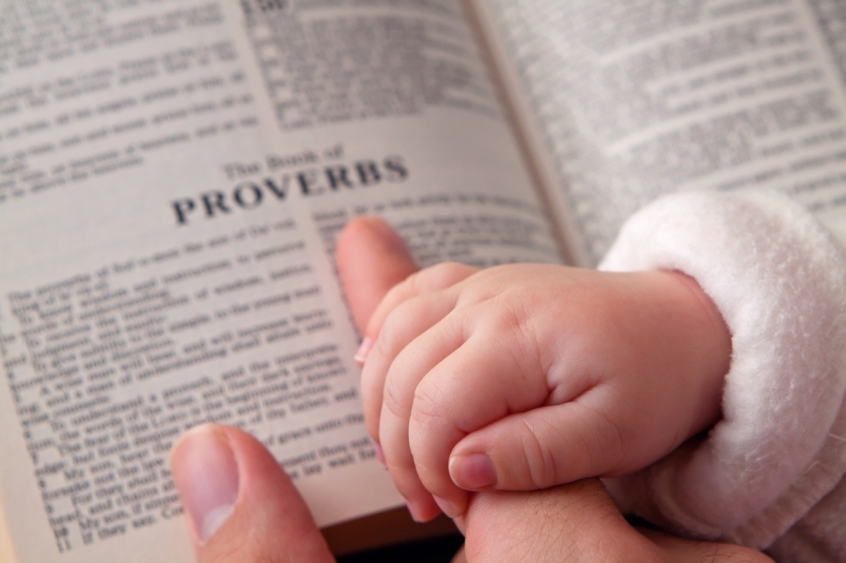
The General Synod of the Church of England made their first request to the new government and unusually it was something that everyone in the chamber could support. In a multi-faceted motion that was inspired by the experience of Christine, a church member from Wigan, Synod voted to call on "His Majesty's Government and healthcare providers to ensure that mothers whose unborn child may be disabled in any way are given comprehensive and unbiased information about the condition and support available to them".
Rev Pete Spiers, who is himself affected by the drug thalidomide, proposed the motion, which began by affirming that "every person is unique and precious and made in the image of God"; challenged the "common assumption that bringing a disabled child into the world is a tragedy to be avoided"; and called for greater "support for parents and families of children born with disabilities" from both public authorities and church bodies.
He spoke of an informal group in his diocese, known as The Magnificat Group, that brings together "people with experiences of disability, baby loss and of good and bad examples of support and advice given to parents and to children when hearing the news of an unexpected pregnancy".
With more than 3,000 abortions in England and Wales due to disability each year, Pete shared his concern that "The Church was in danger of falling into silence over an issue deemed too difficult." Yet he needn't have worried. For almost an hour a stream of Synod members shared their experiences and their support for the motion.
There were those, like Pete, who gave thanks they had been born before genetic screening was common. Mary Bucknall, who along with her sister, was born profoundly deaf, said, "Some would argue that it would be better not to be born at all with a disability, however I do believe that God had a purpose when he created the disabled people in the womb - so that his love and care could be displayed for all to see. I myself have experienced God's love and care through many wonderful people I have met on my life journey."
Lay Synod member Rebecca Chapman described "the treadmill of testing" she faced when soft markers showed up on her 20-week scan. The Archbishop of Canterbury spoke about Ellie, his neurodivergent daughter, now 32, and the test offered to his wife during pregnancy, when it was made very clear that if it "proved positive, it would be expected that we asked for a termination. It was not a neutral process because they said, 'It's expensive'."
Another member of Deaf Anglicans Together, Elaine Heath, signed her speech to an interpreter. She spoke of her own experience of being pregnant at 38 and of the doctors who said, "'Well, gosh you're nearly 40' and so they said I would need a test ... I didn't want them to do that because I didn't want to have an abortion".
Parents spoke of the joys and struggles of bringing up disabled children, those with Down's Syndrome, the neurodiverse, those with severe learning difficulties or invisible physical disabilities.
There was not a dry eye in the house as one grandmother spoke of the experience of supporting her daughter and son-in-law as "they grappled with the information" that their "precious baby boy had developed severe brain impairment, incompatible with life ... I was privileged to name and bless my beautiful grandson who I know is with Jesus," she said. But she asked for prayer for her daughter who has struggled to find "appropriate support that acknowledges her pain as a mother with empty arms".
A common theme among parents of disabled children was the challenge of supporting them into adulthood, as Rev Alice Kemp, said, "It's a really difficult time, that transition time when all the support you had from hospitals, children's hospitals, schools, therapists, disappears – sometimes overnight. Transition is meant to be gradual but the reality is it isn't and we often we find ourselves at our children's 18th birthday and the world is changed."
Communities like L'Arche were praised, as were those that offer opportunities for meaningful employment. Rev Kate Wharton said that the highlight of her time at Synod was hearing the campaigner, Heidi Crowter, preach a semon on Psalm 139: "Heidi said this, 'God made us – every single bit – including my extra chromosome. God made our inmost being, which I think is who we really are so we should use our whole person for God's glory."
Time ran out before Rev Neil Barber, who also has the joy of knowing the Crowter family, could share his story of parenting a child with significant learning disabilities.
"Parents of children with additional needs often carry huge unseen burdens in many areas of their lives, and there are too many bad news stories of families with special needs giving up on church because it's just too difficult," he said after the debate. "I thank God for a church community who have loved and blessed my family - through our son's childhood and now into adulthood. It takes effort and determination. But it'll only really happen when, from the grass roots up, church is literally good news to all. And, as Heidi pointed out to me, that is nothing less than Jesus requires."
Sir Keir Starmer may hope to run a government unburdened by doctrine – but after Sunday's debate there is no doubt that the General Synod wishes to remind him, and his parliamentary colleagues, that every person is unique and precious and made in the image of God.
The whole debate can be watched here













